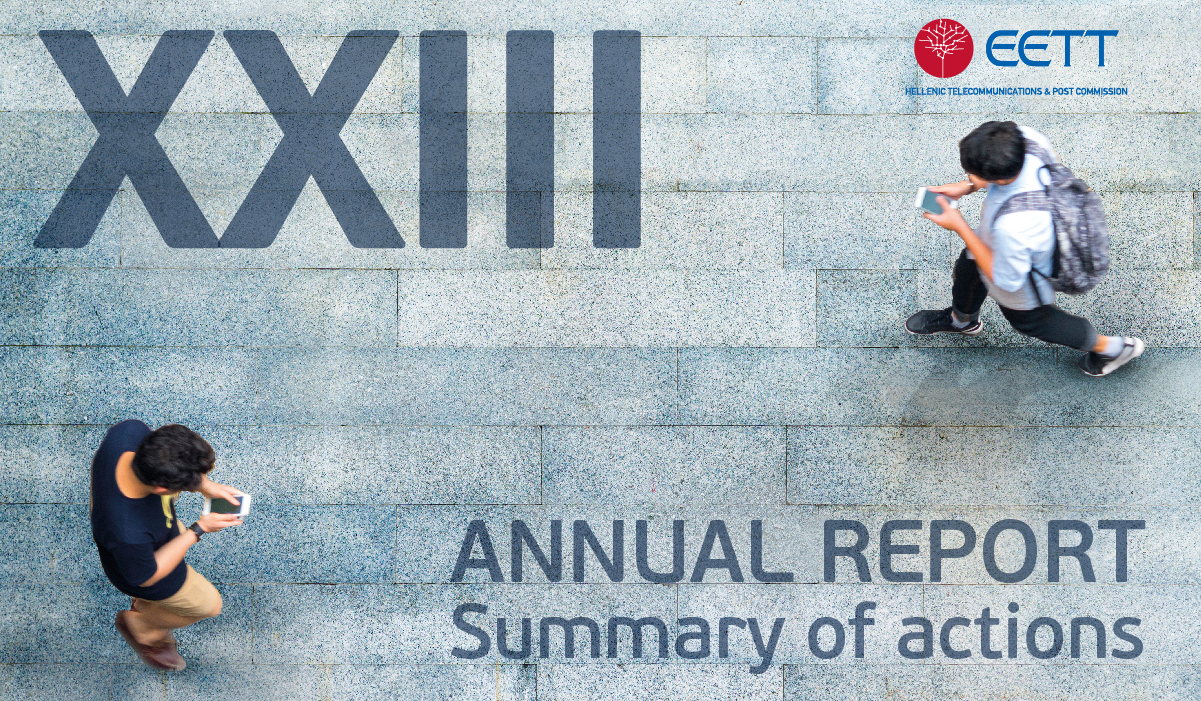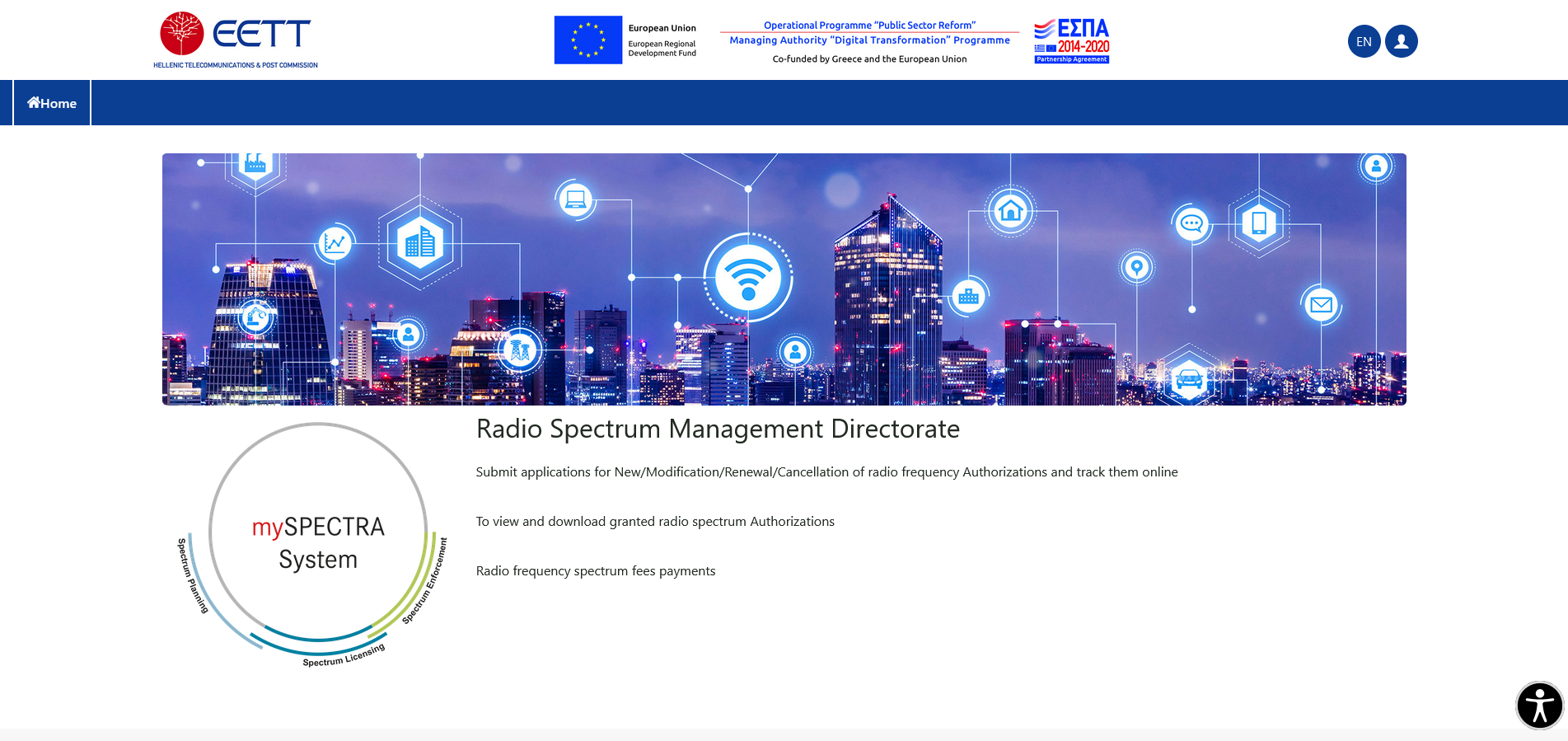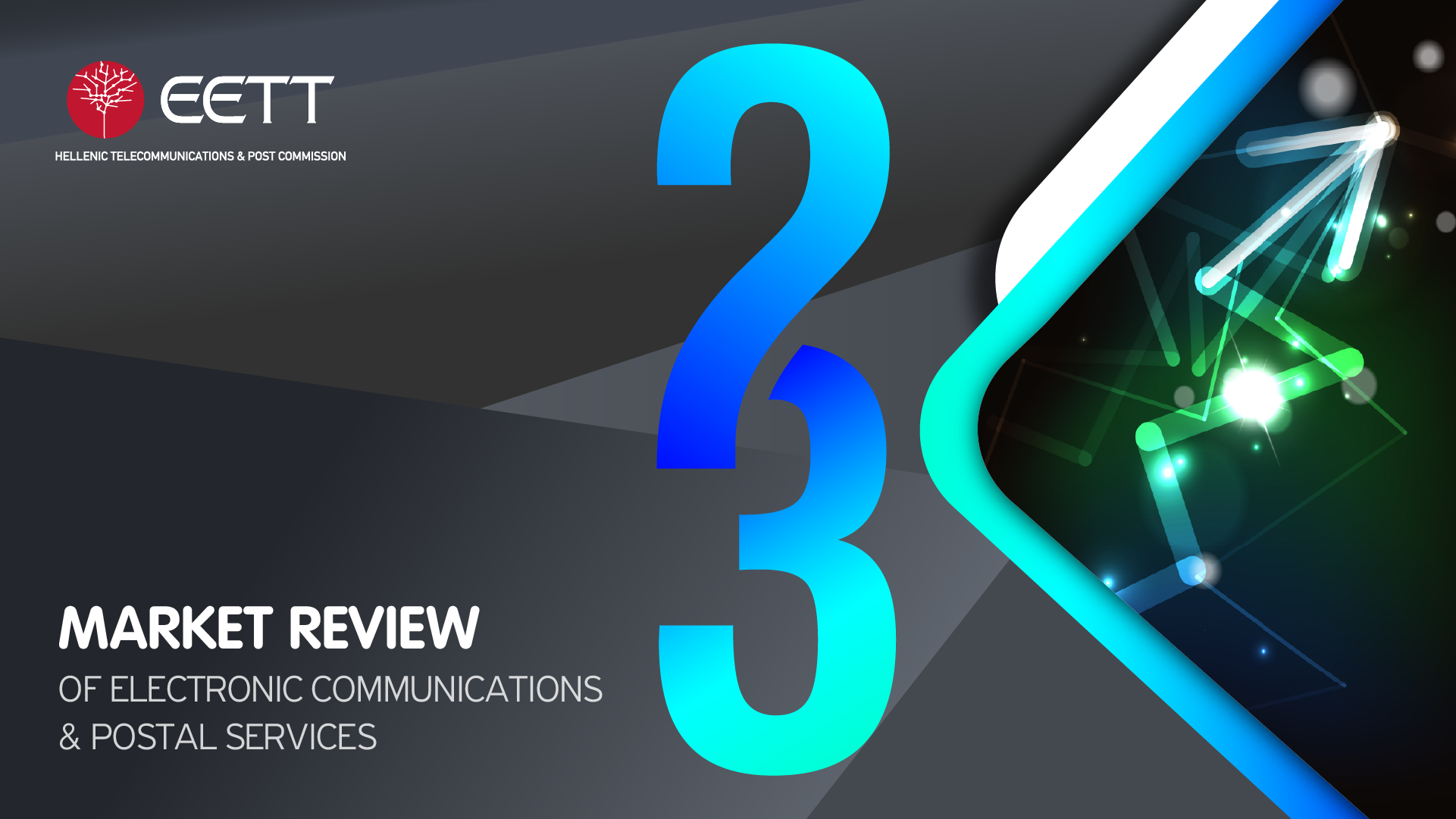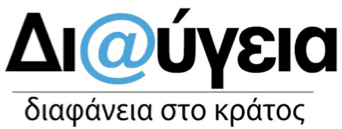Radio spectrum is a scarce national resource, therefore there is a limited number of frequencies which can be used to provide radio services. EETT is responsible for managing the radio spectrum, with the exception of state networks. The goal is to achieve optimal use of the radio spectrum by as many users as possible and minimize the occurrence of interferences which may harm the uninterrupted provision of wireless communications.
Radio spectrum rights of use are required for certain radio spectrum bands. In any case, the radio equipment used must comply with specific operating conditions, even where the radio spectrum is used under a license exempt regime. An example of a radio communication system operating under such a regime is WiFi.
A table with the licensing regime for each radio frequency band/individual radio frequency can be found in the relevant Regulation issued by EETT.
EETT keeps a national frequency register, in which the full technical specifications of radio spectrum use of any kind at national level are registered. Furthermore, it uses this information to conduct technical studies to ensure uninterrupted operation for both current and future users of radio spectrum, without any harmful interference.
For radio spectrum rights of use granted by EETT, spectrum fees are provided for in accordance with Union and national laws.
EETT recently launched the Spectrum Management Information System, SMS, a modern and specialized information system.
The SMS Web Portal is the platform for online access to SMS for the holders of radio spectrum usage rights and for those interested in submitting requests for granting radio spectrum usage rights. The SMS Web Portal supports all relevant requests and procedures for the management of the radio spectrum usage rights and of the related fees.
EETT is not responsible for granting radio spectrum rights of use for state networks. Furthermore, it is not within its responsibilities the granting/amending of radio spectrum rights of use for the broadcasting service of radio stations.
For more information on the licensing procedures of the radio services listed below, please follow the title hyperlinks.
Networks where all radio communication stations are fixed, such as fixed links between two points (point-to-point) or between one point and multiple points (point-to-multipoint).
Networks that include at least one mobile station. The procedure for granting individual radio frequencies is presented; this does not include cases where a tender procedures is launched as in these cases a special tender document is issued each time. This section focuses on business private networks, which are installed and used by professionals for their business needs.
Describes the licensing procedure solely for terrestrial satellite stations, for which EETT grants individual rights. For the majority of these stations, international coordination shall be completed, typically with the neighboring countries affected, prior of granting any radio spectrum rights of use. The Ministry of Digital Governance is responsible for the international coordination process. In addition, there are categories of satellite stations operating in radio frequency bands for which no rights of use granted by EETT are required.
Electronic communications networks and/or services to support events of limited duration, especially sports and cultural events (music events, football matches, etc.). The duration of the right may not exceed a period of 2 months, with the possibility of a one-off renewal of up to 2 additional months.
Radio spectrum rights for testing purposes of wireless networks and radio equipment which are granted to public electronic communications network operators and radio equipment manufacturers.
Networks intended only for research or experimental purposes. It is pointed out that the responsibility for the networks of public education institutions or other state networks, including their experimental and research networks, lies with the Ministry of Digital Governance.
Telemetry refers to networks used for collecting measurements or other data at a remote source and transmission of the data by radio to a monitoring station. Telecommand refers to radio signals transmission in order to initiate, modify or terminate the operation of a remote device.
In cases where the number of rights of use for radio spectrum that may be granted in a band is limited to ensure the optimal use of this scarce resource, tender procedures are implemented for the granting of radio spectrum rights of use at national or regional level for the provision of electronic communications to the general public.






